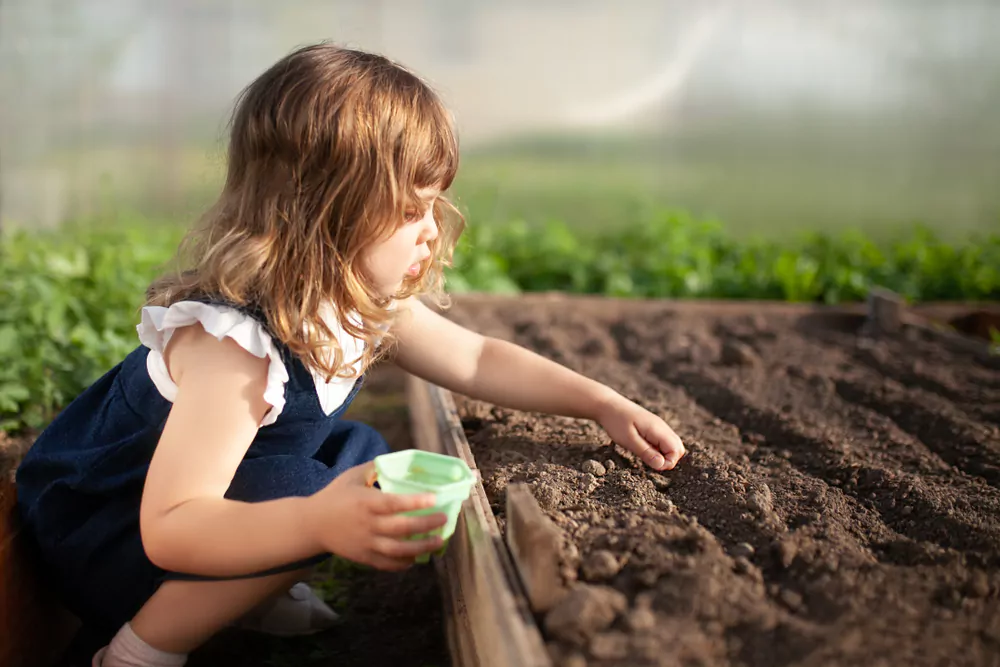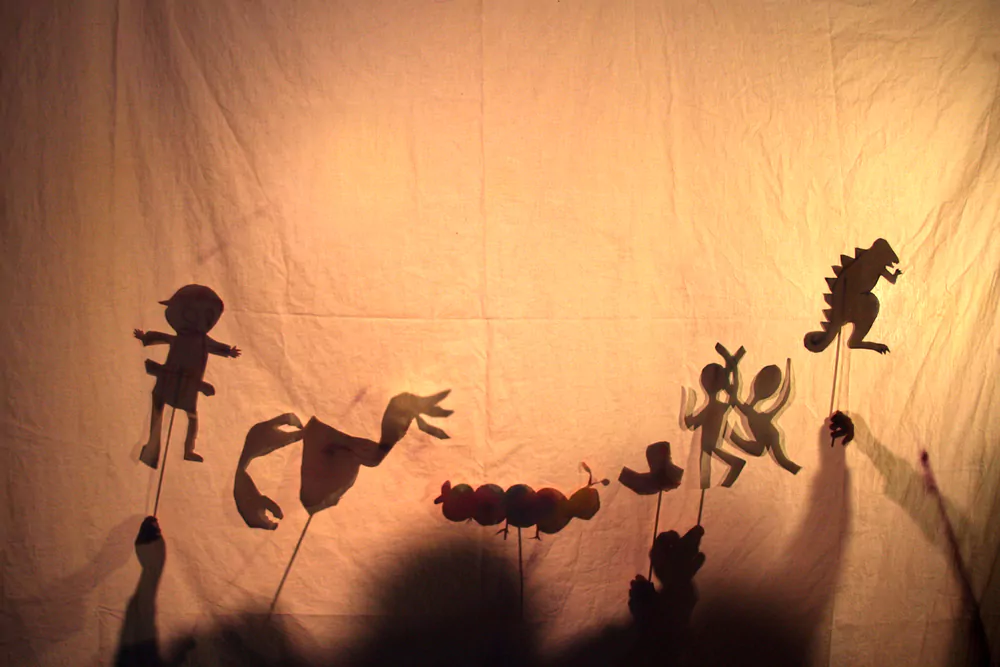Instilling Positive Small Thoughts for Kids: Child Development

As we sail through the tumultuous waters of life, it’s the power of thought that shapes our beliefs, attitudes, actions, and, ultimately, our destinies. This truth holds especially for children, who are in the primary phase of carving their life path. In this regard, ‘small thoughts for kids’ and ‘good thoughts for kids’ play a significant role in determining the course of their cognitive and emotional development. Today, we delve into the importance of instilling positive and empowering thoughts in children, thereby supporting them in laying the groundwork for their future.
1 The Power of Thought: A Primer
The term ‘thought’ might seem simple, yet it encapsulates a world of meaning. A thought is the spark of cognition, the first step towards any creation, action, or understanding. It is the process by which our mind conceptualizes ideas or situations, helps us to problem solve, and gives rise to emotions and behaviors.
When it comes to kids, thoughts play a fundamental role in shaping their personalities, perceptions, and attitudes towards the world. They form the basis of self-esteem, decision-making abilities, emotional health, and many more aspects that determine the quality of their lives.
2 Small Thoughts, Big Impacts

‘Small thoughts for kids’ may seem to imply thoughts of minor significance, but it’s quite the contrary. These small thoughts can encompass simple life lessons or moral values that help children understand their world. They form the building blocks of cognitive and emotional development, contributing to the child’s overall well-being.
These thoughts could be as simple as “Always be kind,” “Every mistake is a new learning opportunity,” or “Believe in yourself.” While these may appear as simple phrases, they carry profound implications for children’s learning and self-esteem. They help children navigate their way through various life situations and learn important life skills.
3 Good Thought for Kids: The Bedrock of Positive Attitude
When we talk about ‘good thought for kids’, we are referring to those thoughts that promote positivity, kindness, self-confidence, and a healthy outlook towards life. It’s about instilling constructive thinking habits that help them see the glass as half full, rather than half empty. The focus is on encouraging thoughts that help children to realize their self-worth, respect others, and see the world in a hopeful and optimistic light.
For example, thoughts such as “I am capable of achieving my goals,” “It’s okay to ask for help when I need it,” or “My feelings are valid and important” are empowering and validate the child’s self-worth and capabilities.
4 How to Promote Good and Small Thoughts in Kids?

Lead by Example
Children are often called the ‘best imitators,’ and rightly so. They learn significantly by observing the behavior and attitudes of the adults around them. Therefore, if you want your children to imbibe positive and good thoughts, ensure you exhibit them yourself. Show kindness, display a positive attitude, practice resilience, and talk about your emotions openly.
Positive Affirmations
Positive affirmations are a powerful way to inculcate positive thinking in children. Repeating phrases like “I am strong,” “I am loved,” or “I can handle this” can fortify a child’s belief in their abilities and worth.
Storytelling

Stories have a unique way of touching hearts and minds. Sharing stories that highlight positive thinking, resilience, kindness, honesty, or any other value can help children understand and adopt these traits.
Open Conversations
Talk to your children openly about different emotions, situations, and their possible outcomes. It helps children understand their feelings and the importance of a positive perspective. Conversations about real-life situations and hypothetical scenarios also provide an opportunity to discuss and model positive thoughts.
Teach Resilience
Inculcate the belief that failure is a stepping stone to success. Let your children know it’s perfectly okay to make mistakes as long as they are willing to learn from them. This kind of thought process promotes resilience and encourages children to take on challenges without the fear of failure.
Encourage Empathy

Empathy is a crucial life skill. Encourage thoughts such as, “How would I feel if it were me?” and “How can I help make them feel better?” It cultivates compassion, tolerance, and understanding in children.
Practice Gratitude
Promote the practice of gratitude in everyday life. It could be as simple as acknowledging a beautiful day, a good meal, or the love of family and friends. Teaching kids to appreciate the small things in life cultivates a positive outlook and a thankful heart.
5 The Long-term Benefits of Positive Thoughts

Instilling positive and good thoughts in children can have far-reaching implications that extend well into their adult life. Here are some benefits:
Improved Self-Esteem
Children who grow up with positive thoughts about themselves and their capabilities are more likely to have a healthy self-esteem. They are confident, believe in their abilities, and are less likely to succumb to peer pressure.
Enhanced Problem-Solving Skills
Positive thinking equips children with a solution-oriented mindset. Instead of focusing on the problem, they look for ways to overcome the challenge. This skill is not only beneficial in academics but also in their personal and professional life.
Better Emotional Health
Positive thoughts lead to positive emotions. Children who are taught to think positively are less likely to suffer from stress, anxiety, and depression. They tend to have better coping mechanisms and enjoy a more fulfilling life.
Positive Relationships
Children who are exposed to positive thinking are more likely to develop positive relationships. They are empathetic, kind, understanding, and exhibit good social skills, all of which contribute to forming meaningful relationships.
Successful Future
Positive thinking fuels ambition and motivates children to strive for success. Children with a positive mindset are more likely to set goals, work towards achieving them, and eventually lead a successful life.
6 Conclusion
In the grand scheme of child development, ‘small thoughts for kids’ and ‘good thought for kids’ carry immense weight. They not only shape the child’s present but also their future. As caregivers, teachers, or parents, it’s our responsibility to create a nurturing environment where children are surrounded by positive thoughts. Let’s remember, the seeds of thought we sow today in our children’s minds will bear the fruit of their future actions, attitudes, and ultimately, their lives. It is these thoughts that will guide them, inspire them, and empower them to become the best version of themselves.
Community Q&A
About This Article
Hardik Jethva is an experienced author of the BestCheck family. Working from scratch, he has developed an amazing interest in testing and writing about different products in a transparent manner. His writing skills got more audience for BestCheck. Apart from his professional life, Hardik has his eyes on travelling, meditation, eating healthy food, socializing with people, and car rides.
This article has been viewed 484 times.



